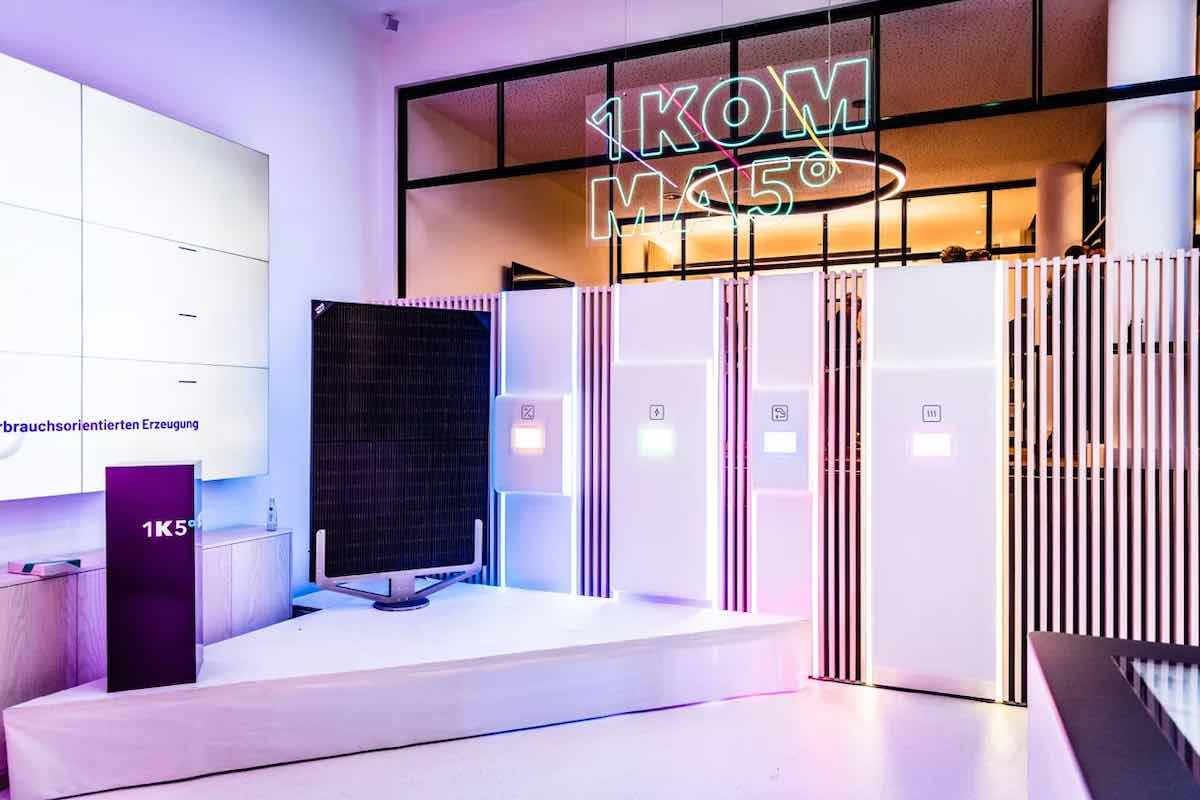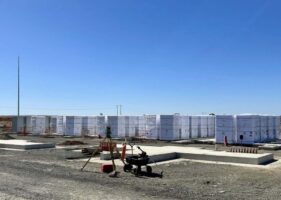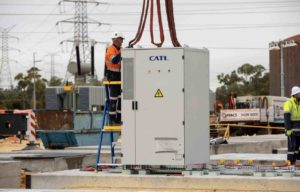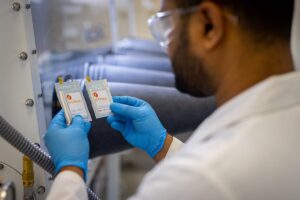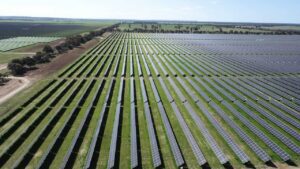European solar group 1Komma5°, which last year brought its one-stop solar, battery and electrification shop to Australia, has revealed it will start manufacturing its own panel components in Europe to combat supply chain, sustainability, and ethics concerns.
The move was relayed to Australian customers last week by NSW PV and battery retailer Natural Solar, in which 1komma5° took a controlling stake in October of 2022.
Chris Williams, the founding CEO of Natural Solar and head of 1Komma5° in the Asia Pacific, said the process has kicked off by contracting with a German polysilicon producer, with the goal of establishing factories in Germany to produce 1komma5°s All-Black solar modules.
“It’s an exciting development for the 1komma5° group globally to shift to a much more reliable and modern slavery considered supply chain,” said Williams.
“By procuring and utilising German polysilicon from as notable an entity as Waker we’re really proud to be pushing the benchmark of supply chain risk mitigation.”
Currently, China is by far the biggest manufacturer of solar panels and solar energy components, accounting for 80% of the total market.
But recent global supply chain issues, coupled with soaring demand for solar panels to meet increasingly ambitious installation targets, have fanned concerns that China’s domination of the solar supply chain is unsustainable – logistically, environmentally and ethically.
In December 2022, the Breakthrough Institute, a US-based environmental research centre, published a report that alleged that polysilicon – the key ingredient in a solar panel – was being manufactured using the forced labour of Uyghur Muslims in Xinjiang, China.
According to that research, China’s polysilicon factories, which are concentrated in the Xinjiang region, accounted for more than 42% of the world’s raw solar materials in 2021; the solar industry patently had a massive modern slavery problem on its hands.
The environmental impact of solar panel manufacture is also a major thorn in the sector’s side. According to a July 2022 report by the International Energy Agency (IEA), solar PV manufacture in China is primarily powered by the burning of coal – largely due to the energy-intensive conversion process that turns raw silicon into polysilicon.
“China has been instrumental in bringing down costs worldwide for solar PV, with multiple benefits for clean energy transitions,” said IEA Executive Director Fatih Birol when the report was published.
“At the same time, the level of geographical concentration in global supply chains also poses potential challenges that governments need to address.
Accelerating clean energy transitions around the world will put further strain on these supply chains to meet growing demand, but this also offers opportunities for other countries and regions to help diversify production and make it more resilient.”
It’s these concerns, plus the growing strain of global tensions on supply chains of all types as well as energy security, that 1Komma5° says triggered the move.
Speaking at the time of the announcement 1Komma5°’s founder, Philipp Schröder, explained: “The savings are from efficiency, and also since Germany’s energy mix, especially electricity, is almost 50% renewable energy and WACKER has focused on clean energy very early on.”
The Australia government, too, is keen to spin the race to renewables into a once in a generation opportunity to revamp local manufacturing and to lay strong foundations for a low-carbon economy.
Just this week, federal Labor adjusted its Safeguard Mechanism Bill to ensure that $1 billion set aside for the manufacturing sector and trade-exposed industries will include $400 million for industries providing critical inputs to clean energy industries.
To mark that particular policy tweak, prime minister Anthony Albanese took to LinkedIn to once again declare that “Australia has all the resources that go into solar panels, batteries and other finished products.
“We should be making them here. And that’s what this investment is all about.”
On 1komma5°’s plans to make its own solar, Williams say the German made panels will be attractive to Australian customers looking to invest in quality solar.
When pressed on whether 1Komma5° would look to manufacture in Australia in future, Williams says the company won’t rule it out, provided the right commercial incentive.
“Obviously the Australian market is a very attractive landscape for local assembly, for batteries and panels more generally, and there’s a strong appetite from the Federal Government to support such industries,” he said.
“It’s not something that’s in the pipeline for us to do in Australia, but once we reach that critical scale it may seem more appealing to the group.”

